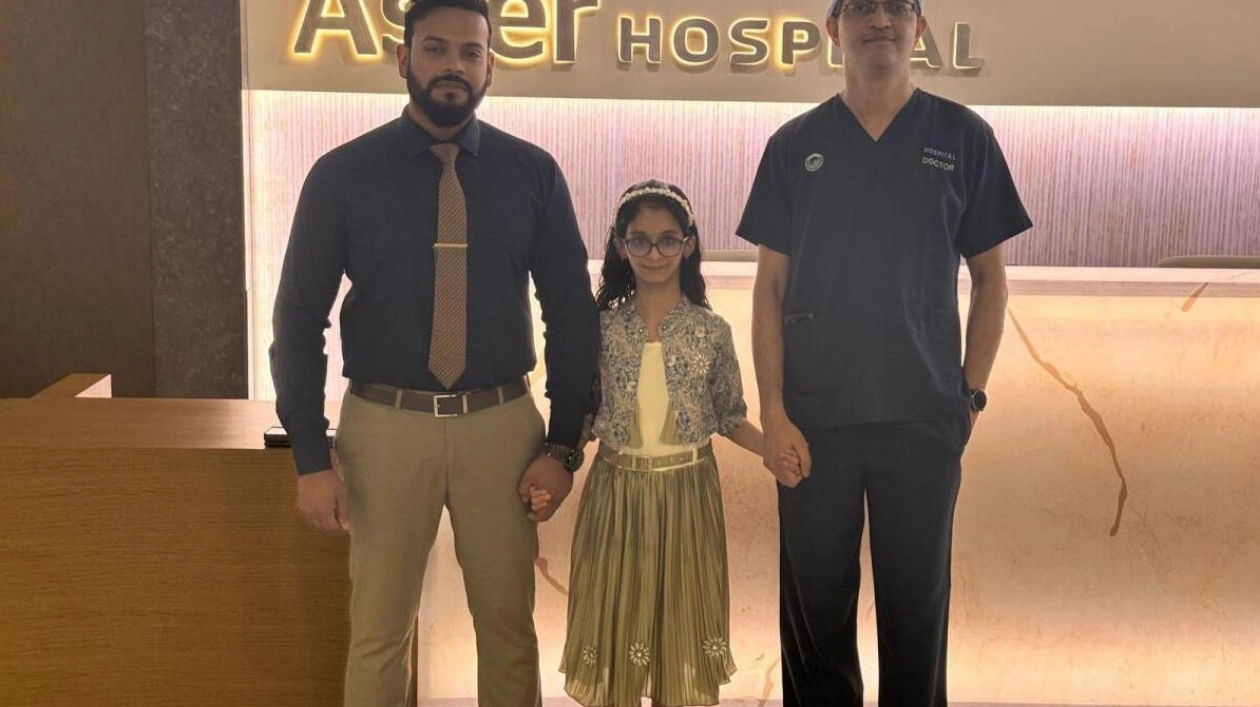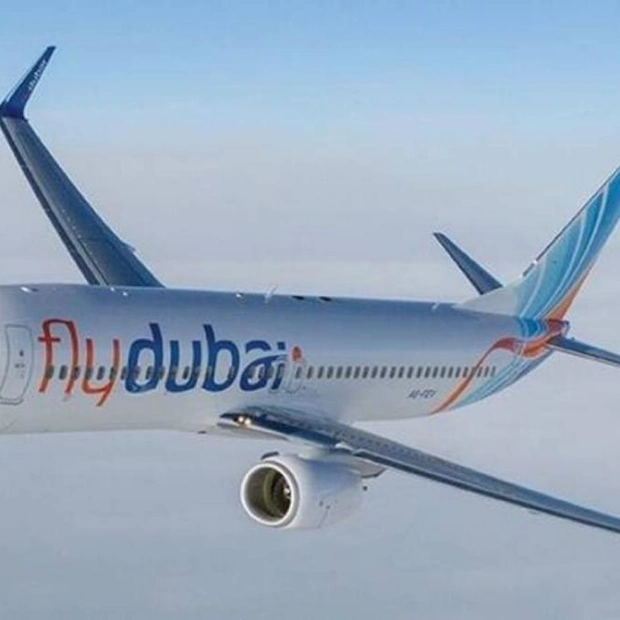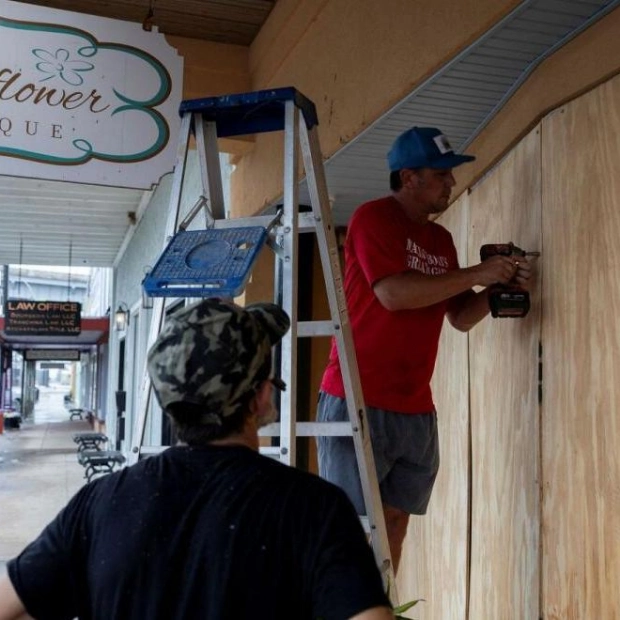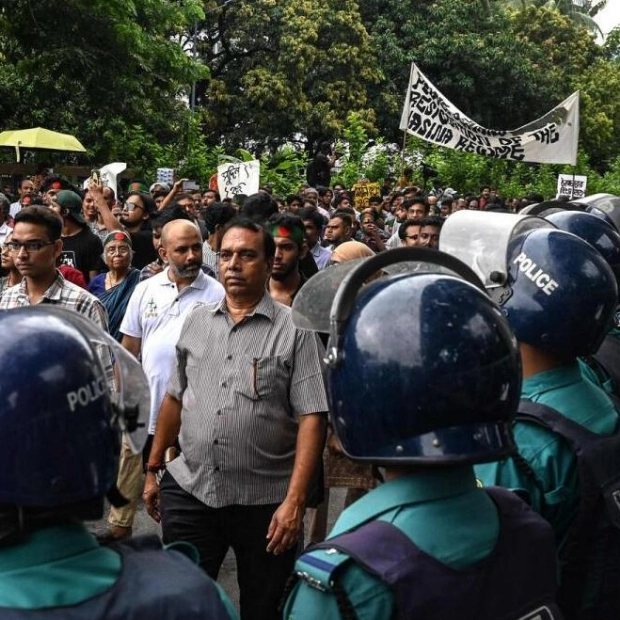When Anoop's 12-year-old daughter, Devna, reported stomach pain earlier this month, he initially thought it was just constipation and administered some medication. However, as the pain escalated to the point where she couldn't sleep, he realized the situation was serious. 'She was inconsolable due to the pain and couldn't pass stool,' Anoop recounted to Khaleej Times. 'She was also vomiting. We rushed her to a nearby clinic, where the doctor advised us to take her to the hospital immediately.'
At Aster Hospital in Sharjah, laparoscopic specialist and general surgeon Dr. Sandeep Tandel examined Devna and noticed she couldn't lie still on the examination table. 'She described the pain as unbearable, and I knew it was critical, so I ordered a CT scan right away,' he explained. Specialist Radiologist HOD, Dr. Mohammed Ilyas, was stunned by the scan results. 'I was astonished,' he said. 'Devna had a rare and potentially fatal condition known as Cecal Volvulus, which twists the intestine completely. In my decade-long career, I've never encountered this in a child. I immediately consulted with another radiologist to verify the findings.'
This extremely rare intestinal blockage affects 2.8 to 7.1 per million people annually and carries a high mortality rate, sometimes reaching 40 percent. 'Every moment counted,' Dr. Sandeep emphasized. 'Delaying treatment could have caused irreversible damage to her intestine. If blood flow was cut off for too long, that part of the intestine would die, necessitating its removal and rerouting of stool through her stomach. This could significantly impact her recovery and quality of life.'
Within 20 minutes of the CT scan, Devna was wheeled into surgery. 'The entire hospital team collaborated seamlessly to make this happen,' Dr. Sandeep noted. 'Elective surgeries were postponed, lab results were prioritized, and the operating room was prepared urgently.' The emergency procedure, which took about two hours and 40 minutes, involved untwisting the affected intestine and securing the cecum to the abdominal wall to prevent future twists.
Despite preparing for the worst, the swift intervention prevented severe complications. 'The doctor had warned us about possible multiple surgeries and the need to drain stool from her stomach,' Anoop said. 'But thanks to timely detection and the doctors' rapid response, she recovered quickly. On Monday, she returned to school. I'm incredibly grateful for her rapid recovery.'
Dr. Mohammed felt that divine intervention played a role in Devna's case. 'During the CT scan, the child was in so much pain she kept moving,' he recalled. 'For an accurate scan, we need the patient to remain still. The image that came back was clear only where the twisting occurred, with the rest blurred due to movement. It felt like a miracle. Because the image was clear, we didn't need to repeat the scan.'
The condition involves the cecum twisting, leading to an obstruction that can cut off blood supply, resulting in severe complications if not treated promptly. Symptoms often resemble other gastrointestinal issues, complicating early diagnosis. Both Dr. Mohammed and Dr. Sandeep had never encountered Cecal Volvulus in children before. 'The condition is rare, and I've only seen one case in my medical career,' Dr. Sandeep said. 'In children, it's unheard of. It was thanks to the radiology department's support that we could diagnose and act swiftly.' He emphasized the importance of not ignoring severe pain in children. 'If a condition persists for more than 24 hours, medical attention is necessary,' he advised.






